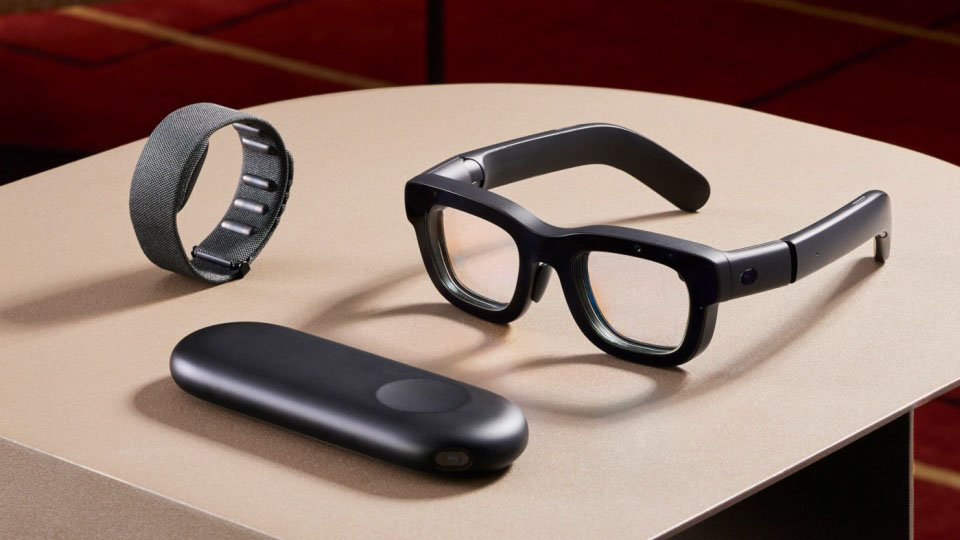Meta’s next smart glasses may include an AI feature that’s already raising eyebrows over privacy concerns
Facial recognition on smart glasses could be a privacy nightmare.

Sign up to receive The Snapshot, a free special dispatch from Laptop Mag, in your inbox.
You are now subscribed
Your newsletter sign-up was successful
Meta has been dominating the smart glasses market with its Ray-Ban glasses. More than two million pairs have been sold since their launch back in 2023.
Being the leader of smart glasses, Meta wants to hold onto its big lead with new features for its upcoming Meta Ray-Ban Glasses Gen 3, which should be revealed at Meta Connect 2025, happening in September. One rumored feature, however, is raising privacy concerns.
Meta is reportedly working on adding facial recognition technology to its smart glasses and other devices, according to a report from The Information. There were no specifics provided in the report, but it did state that Meta CEO Mark Zuckerberg and other company execs have been considering this feature for some time.
Meta didn't immediately respond to a request for comment about adding facial recognition to its smart glasses.
There have already been attempts to add facial recognition software to Meta's smart glasses. A report from 404 Media from October told of two Harvard students who went a step further than just using the tech to identify a person's name just by their face. The pair was able to have the software pull up the person's address, phone number, and family members.

Smart glasses can be a privacy nightmare.
It's pretty evident why privacy is such a concern for smart glasses. Even though the wearables have a wealth of positive features, from being able to provide live translation of conversations to even adding a screen only the wearer can see to provide a mixed reality experience like expected in the Meta Orion, there is a lot of data that these glasses can obtain without anyone else realizing it.
The Meta Ray-Ban glasses' indiscriminate look makes it easy for someone to be recorded. All that's needed is to take that data and use it for nefarious reasons.
Sign up to receive The Snapshot, a free special dispatch from Laptop Mag, in your inbox.
At the end of April, Meta updated its privacy policy for the smart glasses, which removed the option to disable storage of voice command data when using Meta AI. This means asking the AI to do a task, such as recognizing an object the wearer is looking at, would then have that query saved to Meta's cloud servers for AI-training purposes. So the user has no choice about whether their requests will be sent to Meta or not.
This, however, does appear to be the kind of wearables future that Zuckerberg is hopeful for. During a Meta earnings call at the beginning of May, Zuckerberg said he views the glasses to be the "ideal form factor" for AI.
"They enable you to let an AI see what you see, hear what you hear, and talk to you throughout the day. And they let you blend the physical and digital worlds together with holograms," he said.

A veteran journalist and award-winning podcaster who specializes in reporting on conspiracy theories, misinformation, business, economics, video games, and tech.
